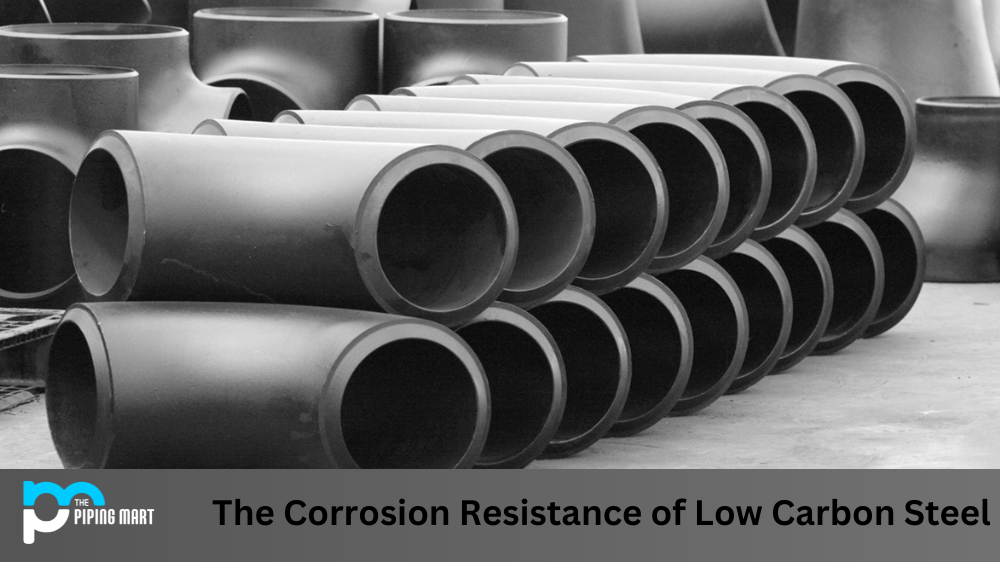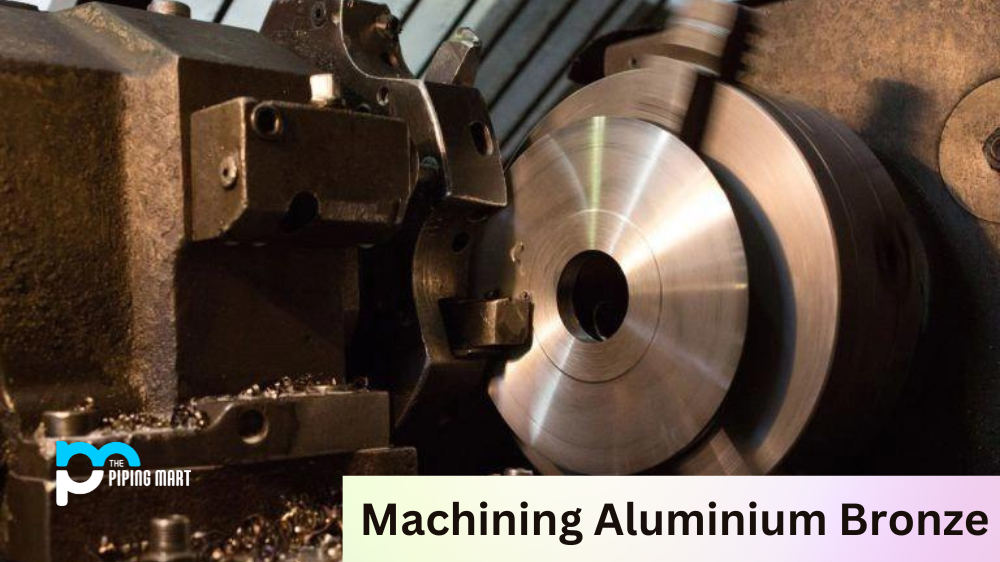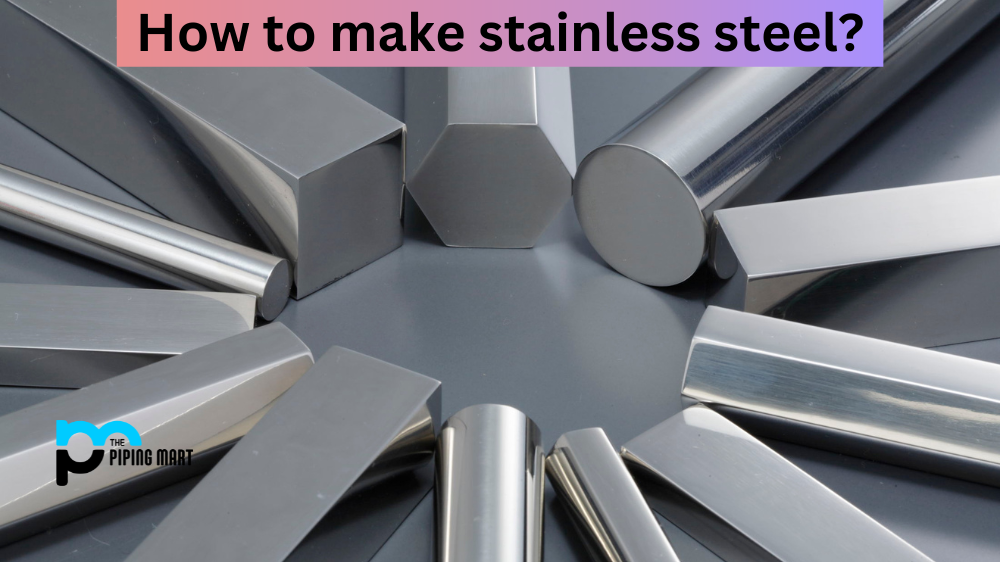Choosing between copper and aluminium can be difficult, especially when considering multiple properties such as cost, density, conductivity, and heat conductivity. In this blog post, we will compare copper and aluminium side-by-side to help you understand the similarities and differences between these two metals.
What Is Copper?
Copper is a mineral and an essential element in our daily lives. The Periodic Table of Elements has the atomic number 29. “Cu” is the symbol for Copper. It has the malleability, ductility, electrical and thermal conductivity, and corrosion resistance. Because of these properties, it is widely used in industry. Copper can be found in various minerals, including native copper sulfides like chalcocite, bornite, digenite, covellite, and chalcopyrite, copper sulfosalts like enargite and tetrahedrite-tennantite, copper carbonates like malachite and azurite, and copper oxides like cuprite and tenorite.
What Is Aluminium ?
Aluminum (Al), also spelled Aluminum, is a chemical element that is a lightweight silvery-white metal in Periodic Group 13. Aluminum is the most common nonferrous metal and the most abundant metallic element in the Earth’s crust. Aluminum is never found in its metallic form in nature due to its chemical activity, but its compounds are found to varying degrees in almost all rocks, vegetation, and animals. Aluminum is concentrated in the outer 16 km (10 miles) of the Earth’s crust, accounting for about 8% of the total weight; only oxygen and silicon are more abundant.
Difference Between Copper And Aluminium
Aluminum vs Copper Properties
When it comes to comparing the properties of copper and aluminium, the differences are quite pronounced. Copper is a highly malleable metal – it can easily be formed without cracking or splitting and flows far more quickly than when compared with aluminium. Due to copper’s excellent thermal conductivity and corrosion resistance, it is often used for electrical wiring. In contrast, aluminum’s lower cost makes it a suitable alternative in many industries across the globe. Interestingly, even though aluminium has a much lower density than copper (roughly a third), its strength allows for applications that require high levels of mechanical stress, such as aircraft manufacturing and automotive components. Ultimately, depending on the purpose and budget, choosing between the two metals comes down to considering their individual properties.
Aluminum vs Copper Cost
When it comes to cost, copper is more expensive than aluminium. This is because copper is far rarer than aluminium; it is found in smaller deposits around the world, making it more challenging to extract. However, the higher cost of copper is only sometimes the better choice. Depending on your needs, aluminium offers enough benefits to outweigh its lower cost.
Aluminum vs Copper Density
Copper has a higher density than aluminium; this means that copper will weigh more than aluminum for the same volume of material. This can be beneficial if you need a material with a high weight capacity or something that will hold its shape better under pressure. On the other hand, aluminium’s lower density makes it lighter in weight which may be beneficial if you are looking for something easy to transport or install.
Aluminum vs Copper Conductivity
Regarding conductivity, both copper and aluminium have their strengths and weaknesses. Copper has higher electrical conductivity than aluminium which means it can transmit electricity more efficiently; however, it also has a higher thermal conductivity which means it can absorb heat faster than aluminium—something that could be an issue if your application requires insulation from heat sources to function correctly. Aluminium has lower electrical conductivity but better thermal insulation, which can make it preferable for specific applications where heat needs to be kept out or contained within an area.
Aluminum vs Copper Heat Conductivity
Finally, when comparing copper vs. aluminium heat conductivity, one must consider how quickly each metal transfers heat energy from one point to another in comparison with each other. Copper has much higher thermal conductivity than aluminium, meaning that copper heats up faster but also cools down more quickly, making them both advantageous depending on what kind of application they are being used for.
Conclusion:
In conclusion, copper and aluminium have pros and cons depending on your specific needs. Both materials have different weights, densities, costs, electrical conductivities, and thermal insulations, so carefully consider your application before deciding which one suits your purpose best! Ultimately, both metals have great qualities which make them ideal for many applications, so no matter what material you choose, you can’t go wrong! Intended Audience: Engineers who need advice about choosing between Copper & Aluminium for their projects or products.

Pipingmart is a B2B portal that specializes in metal, industrial and piping items. Additionally, we share the latest information and information about materials, products and various types of grades to assist businesses that are involved in this business.




